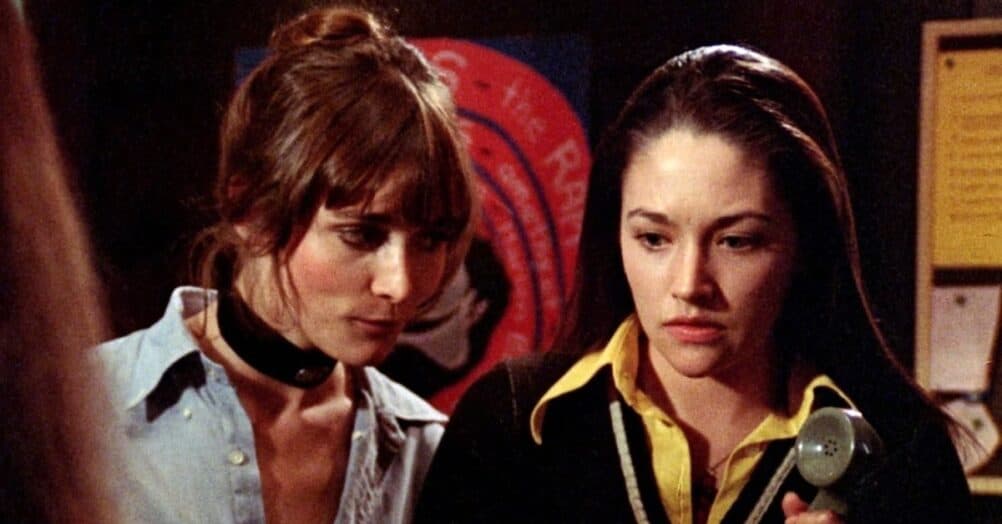Last Updated on August 2, 2021

At the Consumer Electronic Show, TV giant Vizio made the announcement that they would not be releasing any 3D televisions in 2014, marking the first manufacturer to abandon the format and sending ripples through the industry. A recent survey of 3D TV owners found that 8 out of 19 regret purchasing the unit which keeps in line with the declining popularity of 3D both at home and on the big screen. Considered a fad despite huge box office numbers for films like AVATAR, ALICE IN WONDERLAND, and numerous post-converted films, 3D has stuck around longer than many thought but is already well into a decline.
The Verge explained that while this does not mean 3D is gone completely, it does indicate a major shift in the technology of home entertainment:
It’s also a major blow to 3D in the living room; Vizio sells the most TVs of any company in the US. But Vizio is confident that consumers won’t miss it; in fact, the decision was made because Vizio’s current customers simply aren’t viewing content in 3D often. In 2014, Vizio seems willing to sacrifice what some may consider a gimmick in pursuit of a better picture.
As technology grows and changes, fads will come and go. 3D is, whether you are a proponent of it or not, a fad. The future of home entertainment will be interactivity, cloud-based apps, and higher resolution. With both Ultra HD and 4K televisions coming at consumer prices as well as curved screens and other enhancements to the traditional TV, there just isn’t room for 3D when the profits are not there to warrant it.
For those of you unfamiliar with what 4K means, here is a quick breakdown courtesy of Wikipedia:
4K UHD is a resolution of 3840 pixels × 2160 lines (8.3 megapixels, aspect ratio 16:9) and is one of the two resolutions of ultra high definition television targeted towards consumer television, the other being 8K UHD which is 7680 pixels × 4320 lines (33.2 megapixels). 4K UHD has twice the horizontal and vertical resolution of the 1080p HDTV format, with four times as many pixels overall.
In a nutshell, 4K HD is so crystal clear you could stretch the image the size of a movie screen and it would still be perfectly crisp. The purpose of this on a home TV is negligible at this point, but consider the jump between standard TV to HD and that is what you get from 1080p HD to 4K.
So, for those of you who own 3D TVs, I am sorry. The cable networks that offer programming are dwindling and while you may be able to enjoy your overpriced Blu-rays, I wouldn’t hold my breath for the format to stick around until they find a way to make TVs that can produce 3D without glasses.




















Follow the JOBLO MOVIE NETWORK
Follow us on YOUTUBE
Follow ARROW IN THE HEAD
Follow AITH on YOUTUBE